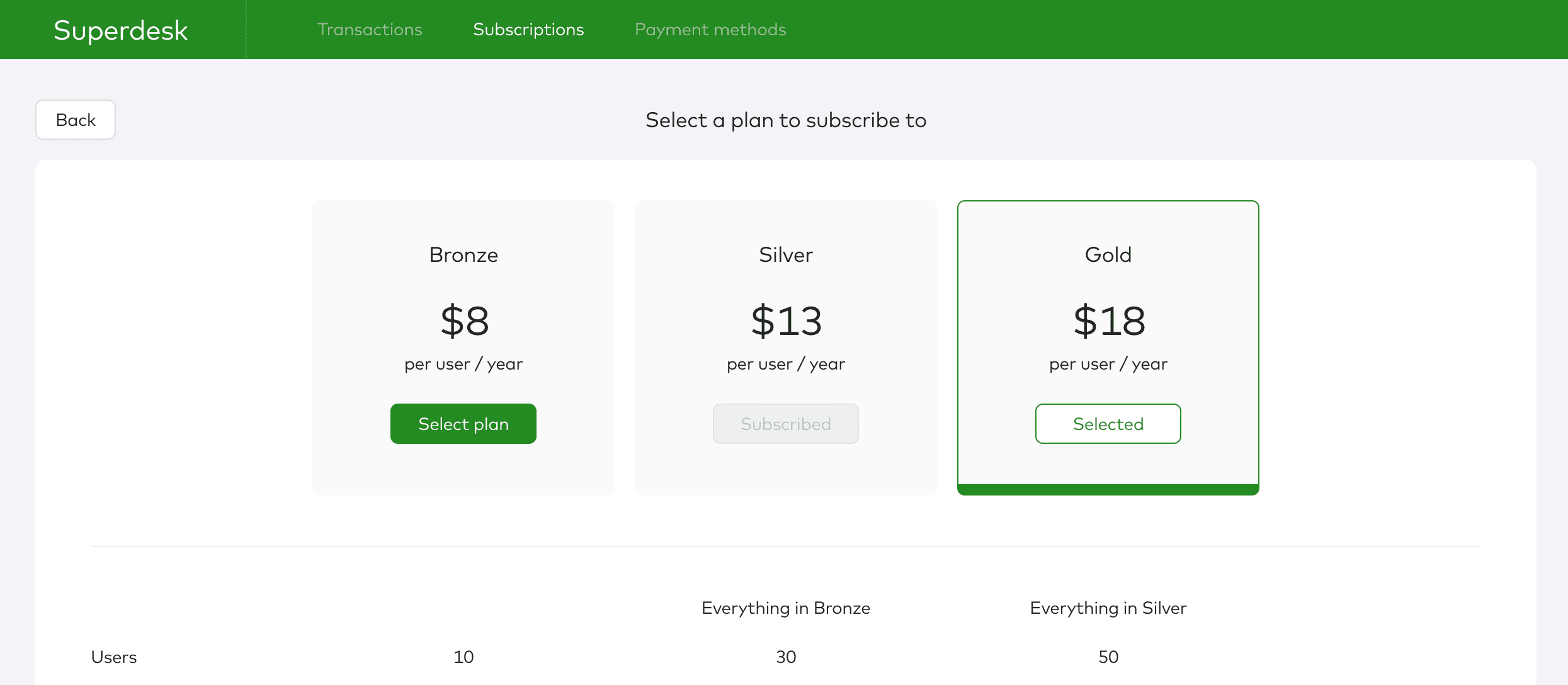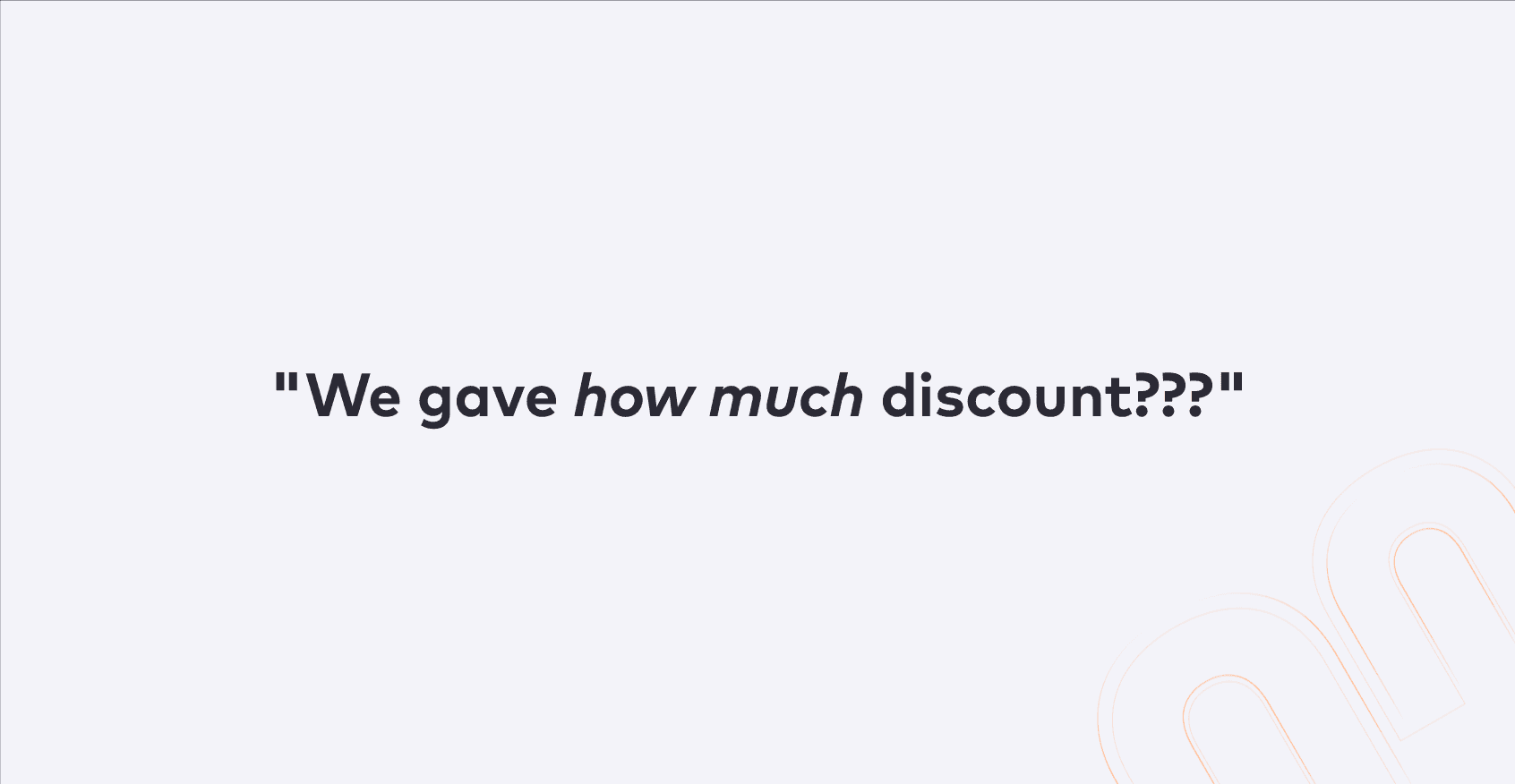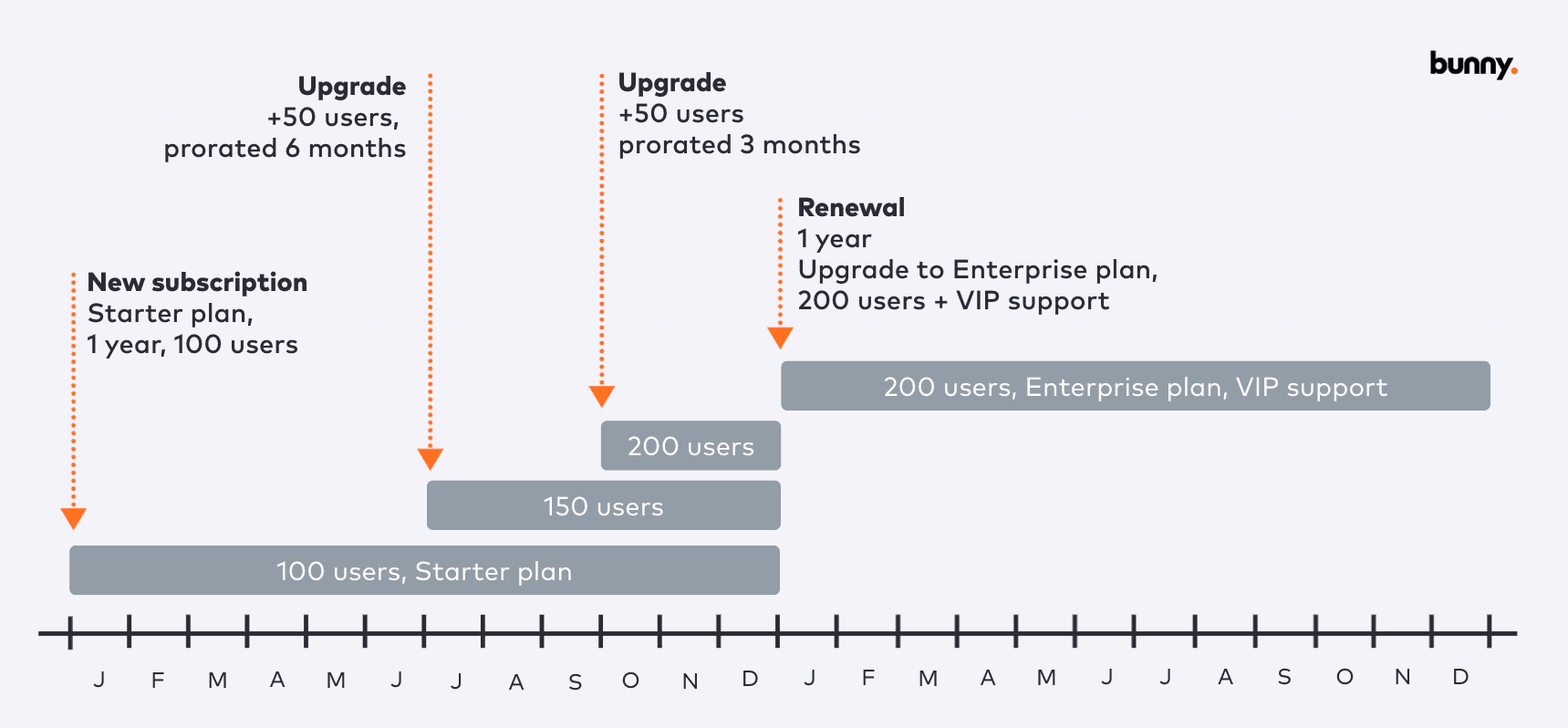
7 reasons for enabling self-service in B2B SaaS

In order for consumer businesses to operate profitably, it is crucial to provide customers with the ability to self-service. However, the situation for enterprise businesses is more complex. Many SaaS companies do not offer self-service options to their enterprise customers, and this is due to several factors.
Firstly, deal sizes for enterprise software are often much higher, with annual contract values ranging from thousands to millions of dollars. As a result, companies may prefer to personally assist these customers with any changes to their subscription, rather than relying on self-service options.
Secondly, as a SaaS business evolves, the product offerings may become more intricate, requiring additional engineering resources to create self-service functionality. This effort may not always be prioritized, as other initiatives may take precedence.
However, there are many reasons why every SaaS business should improve their self-service capabilities.
Increased revenue: In SaaS, the mantra is land and expand which means the value of the account needs to grow overtime through increased usage or product add-ons. A well designed self-service portal will make it easy for customers to upgrade their account thereby expanding revenue.
Increased customer satisfaction: Customers appreciate the ability to make subscription changes immediately when they need them. For example, if a company can add 10 extra users immediately without having to schedule time with a salesperson, customer satisfaction increases.
Scalability: Self-service allows businesses to scale their operations without increasing their support staff. This is particularly important for B2B SaaS businesses that have a large number of customers.
Cost savings: Self-service is more cost-effective than traditional support models. By allowing customers to solve their own problems, businesses can reduce the number of support tickets they receive, which can lead to cost savings.
Competitive advantage: In today's competitive marketplace, businesses need to differentiate themselves from their competitors. Offering self-service can be a competitive advantage because it allows businesses to provide a better customer experience.
Improved data collection: Self-service can provide businesses with valuable data about their customers. By tracking the actions customers take in the self-service portal, businesses can gain insights into their customers' behavior and preferences. This data can be used to improve the product and the overall customer experience.
Fewer human errors: When subscription changes are communicated either verbally or in writing, someone at the SaaS company has to manually update the subscription, which introduces the risk of human error. Quantities or effective dates may be entered incorrectly, which can cause further problems for provisioning and revenue recognition. Or worse, result in customer dissatisfaction.
Self-service and customer meetings can complement each other. Establishing robust relationships with customers necessitates human interaction, while self-service functionality can enhance the efficiency of various business areas, ultimately leading to higher customer satisfaction.
Bunny's core is built around the product catalog, which drives all business logic related to pricing, quoting, and billing, as well as enabling customer self-service. Customers' self-service capabilities can be customized as per the company's preferences, outlining the tasks that customers can perform on their own.

